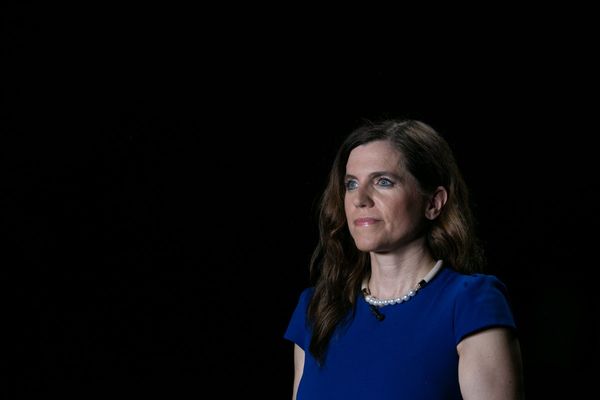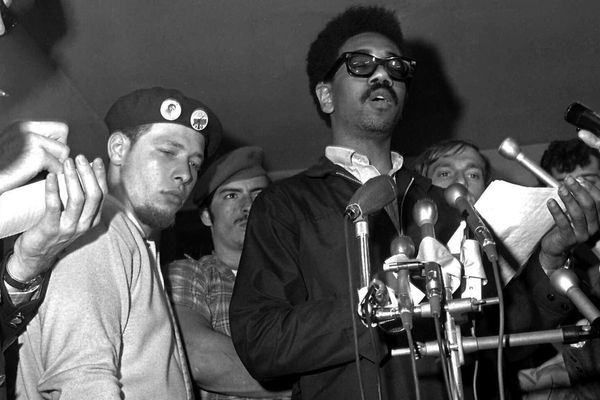Less than 48 hours from the end of session, previously dead legislation in Florida to ban transgender athletes from youth sport resurfaced as an amendment on a charter school bill, blindsiding many lawmakers and advocates, myself included.
As someone who studied sports politics and has grown up in the shadow of Florida’s legislative process, I’m deeply disappointed in the Florida Legislature for hastily passing this legislation and sending it to the governor’s desk.
In 2013, the Florida High School Athletics Association developed a process to review transgender students’ requests to play on teams that match their gender identity. Since then, only 11 transgender students have petitioned the FHSAA to play. Nevertheless, the Legislature dedicated significant time to eviscerating that policy and replacing it with a blanket ban. That is time and resources that could have been used to focus on unemployment, health care or the housing crisis in a pandemic.
This legislation relies on birth certificates at the time of the player’s birth to determine the gender-assigned team. The policy is rooted in a false stereotype of girls being unable to compete against boys. It oversimplifies sex-neutral characteristics such as skill, weight, height, strength and/or testosterone level, and the tremendous variation in athleticism within the sexes; variation that has produced incredible female athletes like Serena Williams and Simone Biles.
The scope of this bill is massive, stretching to include kids in middle school and intramural sports, effectively erasing opportunities for transgender children from puberty onward. We should not be making these young people choose between a sport and their identity, especially in areas of sport for participation rather than competition. Excluding transgender children from sports will exacerbate feelings of discrimination and severely impact their mental and physical health.
Sports are an integral part of our social fabric and provide essential value to our physical, social and emotional well-being. Participating teaches critical life lessons like self-discipline, teamwork, leadership, success, and failure. These are critical to development and a sports team should provide a safe and welcoming environment for all young people to learn and grow.
I played sports all throughout middle, high school and college without ever coming close to receiving an award or a scholarship. Not once did I stop to consider what gender my teammates were assigned at birth. Instead, I remember the personal and professional growth in my life that I can attribute to my time on the field.
Sport has had such a profound impact on my life that I decided to pursue a career in ensuring everyone has access to sports by eliminating barriers like costs and accessibility, while the state Legislature is more concerned with hypothetical harms than real-world physical and mental-health impacts.
Beyond the human toll of this legislation, it will also cost the state financially. Florida is slated to host more than 40 regional and national NCAA championships over the next five years, which the NCAA may pull from the state. The NCAA did so when North Carolina passed a bill to ban transgender people from using the bathroom aligning with their gender identity, and has said this year that they want to host events in places that honor their commitment to diversity and inclusion.
Rushing this policy through at the eleventh hour ignores the work and discussions that medical experts, sports scientists and the LGBTQ+ community have been having for more than a decade. Transgender youth should not be used for quick wins and politician gains when these policies require expert consultation and thoughtful consideration.
Governor Ron DeSantis should veto this legislation. Kids’ lives are at stake.
____
ABOUT THE WRITER
Laura Stargel is a Lakeland native studying sport politics at German Sport University. Her mother, state Sen. Kelli Stargel, sponsored the transgender sports ban in the Florida Senate. She wrote this for the Orlando Sentinel.
____







